
In the style of Trump and Bolsonaro, the new president of Argentina, Javier Milei, employs rhetoric that is openly hostile to the press. Since he took office, this speech has been accompanied by concrete measures, such as suspending advertising from the Executive branch in the media. LatAm Journalism Review interviewed Santiago Marino, a leading Argentine researcher in communication policies, to understand the Milei government's relationship with journalism and public communication policies in Argentina.

A study carried out by five Latin American researchers points to the influence of fact-checking labels on social media engagement. Sebastián Valenzuela, one of the authors of the study, told LatAm Journalism Review there is evidence in four countries in the region of a preference for the "true" label in shares.
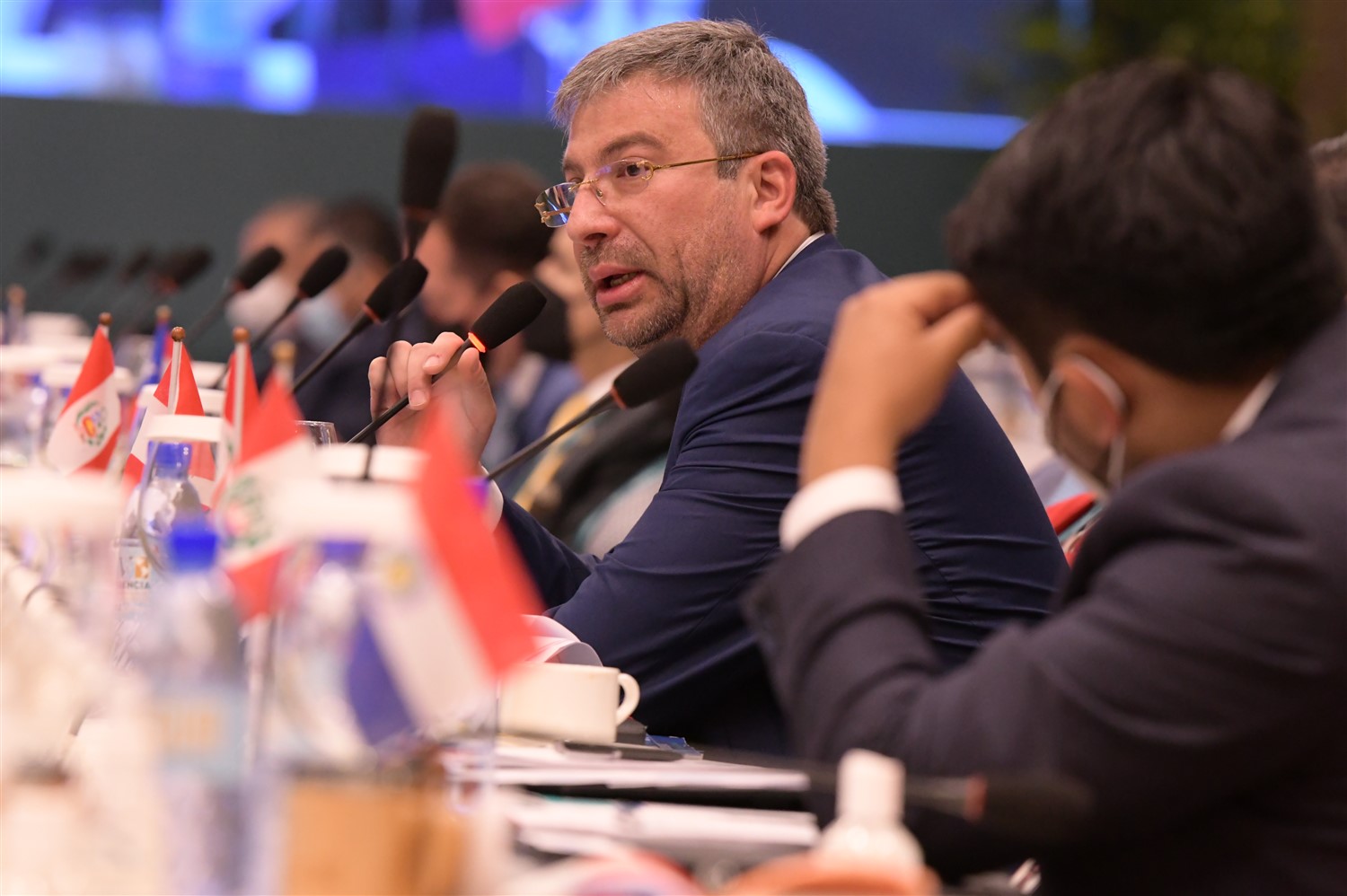
It’s not just media that combat disinformation, voting authorities in Latin America are also fighting the phenomenon. Ahead of October elections in Argentina, judicial authorities are collaborating with media and NGOs to fact check candidates. At the regional level, an inter-American observatory exchanges fact-checking experiences with media and social platforms.
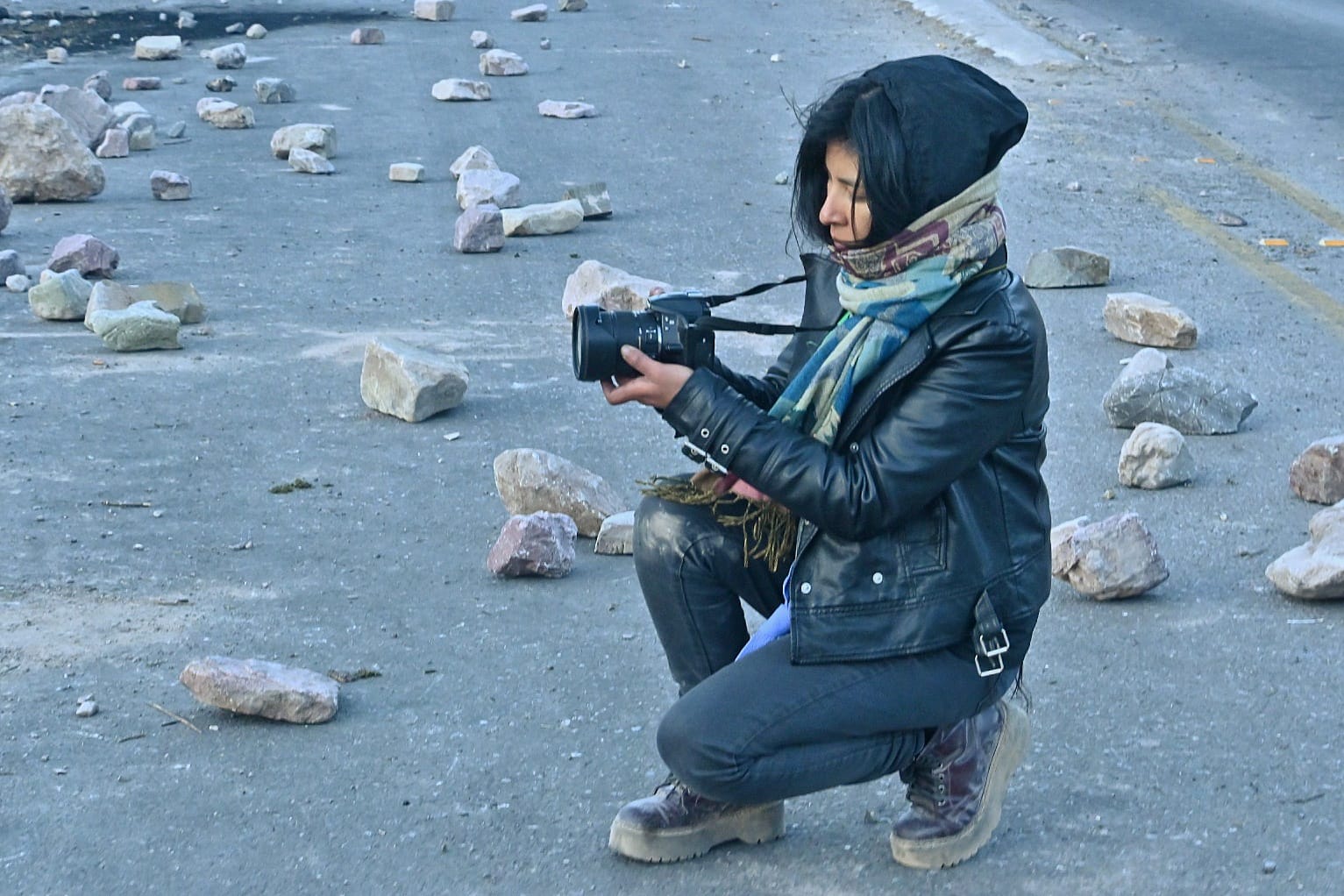
Recent primary elections in Argentina put the ultra-conservative candidate, Javier Milei, as the favorite, the same candidate who said he would scratch the government's media budget and who denounced five journalists. In Jujuy, security forces have detained and assaulted journalists covering popular demonstrations.
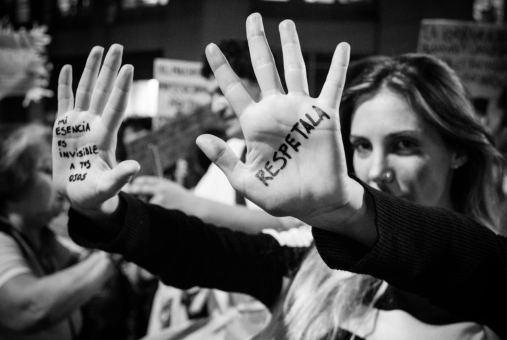
Since 2019, 13 Argentine media outlets have created the position of gender editor, which makes the country the most fertile ground in Latin America for these professionals. An unpublished survey heard from 12 of them and found they are targets of online violence with frightening frequency, and that most of them are not intimidated by the attacks.
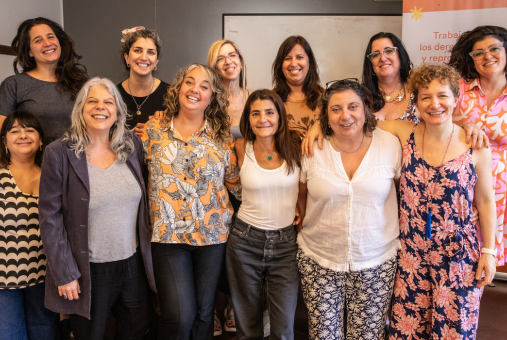
Four years after the appointment of Mariana Iglesias at the Argentine newspaper Clarín, gender editors are promoting changes in news coverage, working to consolidate their positions and facing unprecedented online violence. LatAm Journalism Review spoke with gender editors in four countries to understand the current status of these professionals in the region.
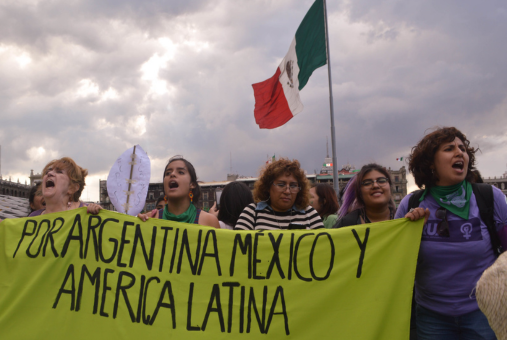
A collection of studies on the coverage of violence against women in the Global South found advances in Argentina and Mexico, while in Brazil race and class biases stood out. The volume's co-editor told LJR she hopes the work will highlight how journalistic coverage is connected to this huge systemic global problem.

Seven podcast festivals comprise the Ibero-American Circuit of Podcast Festivals (CIFESPOD, by its Spanish acronym). The circuit’s goals include gaining recognition of podcasting as a cultural industry, joining forces for fundraising, creating a Latin American award for best podcast, and strengthening the production of narrative journalism pieces in audio.
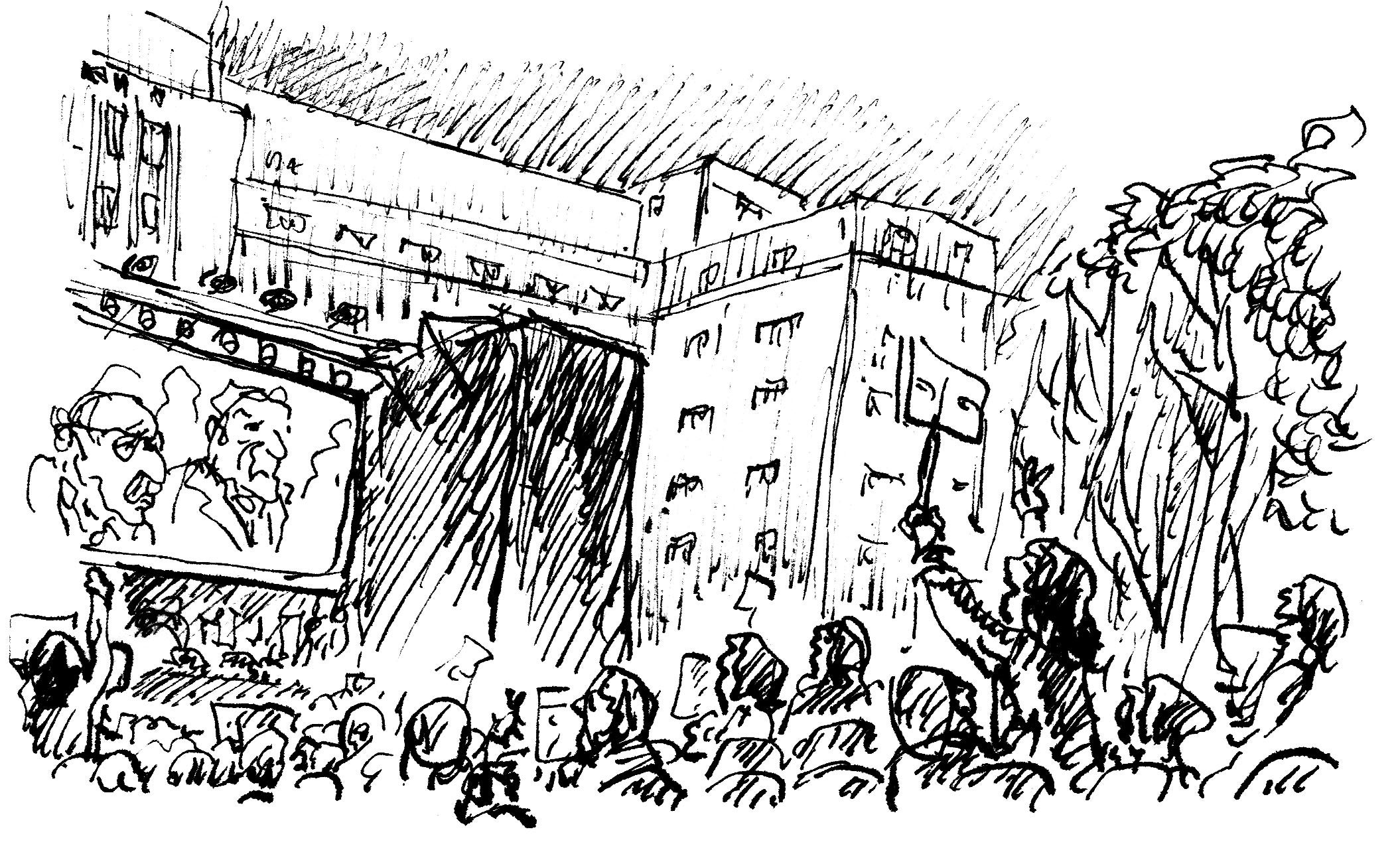
Several decades have passed since the last dictatorial regimes were established in the Southern Cone of Latin America. Human rights defenders and a journalist talk about the challenges of reporting on the recent past, and why it is important to continue doing so.

Representatives of Radio Ambulante, Dementes, Revista Late, Dudas Media, and Convoy Network spoke at the Estación Podcast festival about aspects of sound content creation in Latin America. These include financing methods, the value of catering to a defined audience and the importance of protecting the intellectual property of productions in the face of streaming platforms.